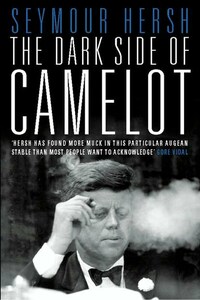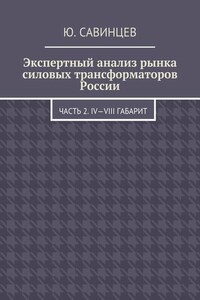It was Americaâs blackest Friday.
President John F. Kennedy was gunned down on a Dallas street thirty minutes after noon on November 22, 1963. Vice President Lyndon B. Johnson, who had accompanied the president to Dallas, sped back to Air Force One and was sworn in with the bloodied widow of Jack Kennedy at his side. The presidential airplane soared away from murderous Texas to the safety of Washington.
Once Air Force One was airborne, some of the military and security men on duty were able to emerge from their despair and anger to begin asking necessary questions. Was Jack Kennedyâs death the first move in an international conspiracy? Was Lyndon Johnson now the target? These concerns were shared in Washington, as the bureaucracy began the slow turn from one presidential orbit to another.
But it was the man closest to John F. Kennedy who needed to put aside his grief and begin immediately to hide all evidence of Kennedyâs secret life from the nationâas well as from the new president, who could be sitting in the Oval Office by early evening. When word came of his brotherâs shooting, Attorney General Robert F. Kennedy, the second most powerful man in Washington, was at his Hickory Hill estate in suburban Virginia having a casual lunch of clam chowder and tuna fish sandwiches with, among others, Robert Morgenthau, the U.S. attorney for the Southern District of New York.>*
In those first hours of horror, the presidentâs remarkable younger brother lived up to his reputation for pragmatism and toughness, notifying members of the family, worrying about the return of his brotherâs body, answering legal queries from the new president, and, it seemed, losing himself in appropriate action. There would be time for mourning later. Now there was a state funeral to arrange and the presidentâs widow and children to console. Among his many telephone calls early that afternoon was one to McGeorge Bundy, the dead presidentâs national security adviser, who was told to protect Jack Kennedyâs papers. Bundy, after checking with the State Department, ordered that the combinations to the presidentâs locked files be changed at onceâbefore Lyndon Johnsonâs men could begin rummaging through them.
Bobby Kennedy understood that public revelation of the materials in his brotherâs White House files would forever destroy Jack Kennedyâs reputation as president, and his own as attorney general. He had spent nearly three years in a confounding situationâas guardian of the nationâs laws, as his brotherâs secret operative in foreign crises, and as personal watchdog for an older brother who reveled in personal excess and recklessness.
The two brothers had lied in their denials to newspapermen and the public about Jack Kennedyâs long-rumored first marriage to a Palm Beach socialite named Durie Malcolm. In 1947 Kennedy, then a first-term congressman, and Malcolm were married by a justice of the peace in an early-morning ceremony at Palm Beach. In an interview for this book, Charles Spalding, one of Kennedyâs oldest friends, broke five decades of silence by family and friends and confirmed his personal knowledge of the marriage. âI remember saying to Jack at the time of the marriage,â Spalding told me, ââYou must be nuts. Youâre running for president and youâre running around getting married.ââ The marriage flew apart. Spalding added that he and a local attorney visited the Palm Beach courthouse a few days later and removed all of the wedding documents. âIt was Jack,â Spalding recalled, âwho asked me if Iâd go get the papers.â No evidence of a divorce could be found during research for this book.
The presidentâs files would reveal that Jack and Bobby Kennedy were more than merely informed about the CIAâs assassination plotting against Prime Minister Fidel Castro of Cuba: they were its strongest advocates. The necessity of Castroâs death became a presidential obsession after the disastrous failure of the Bay of Pigs invasion in April 1961, and remained an obsession to the end. White House files also dealt with three foreign leaders who were murdered during Kennedyâs thousand days in the presidencyâPatrice Lumumba, of the Congo; Rafael Trujillo, of the Dominican Republic; and Ngo Dinh Diem, of South Vietnam. Jack Kennedy knew of and endorsed the CIAâs assassination plotting against Lumumba and Trujillo before his inauguration on January 20, 1961. He was much more active in the fall of 1963, when a brutal coup dâétat in Saigon resulted in Diemâs murder. Two months before the coup, Kennedy summoned air force general Edward G. Lansdale, a former CIA operative who had been involved in the administrationâs assassination plotting against Fidel Castro, and asked whether he would return to Saigon and help if the president decided he had to âget ridâ of Diem. âMr. President,â Lansdale responded, âI couldnât do that.â The plot went forward. None of this would be revealed until this book, and none of it was shared with Lyndon Johnson, then the vice president.








